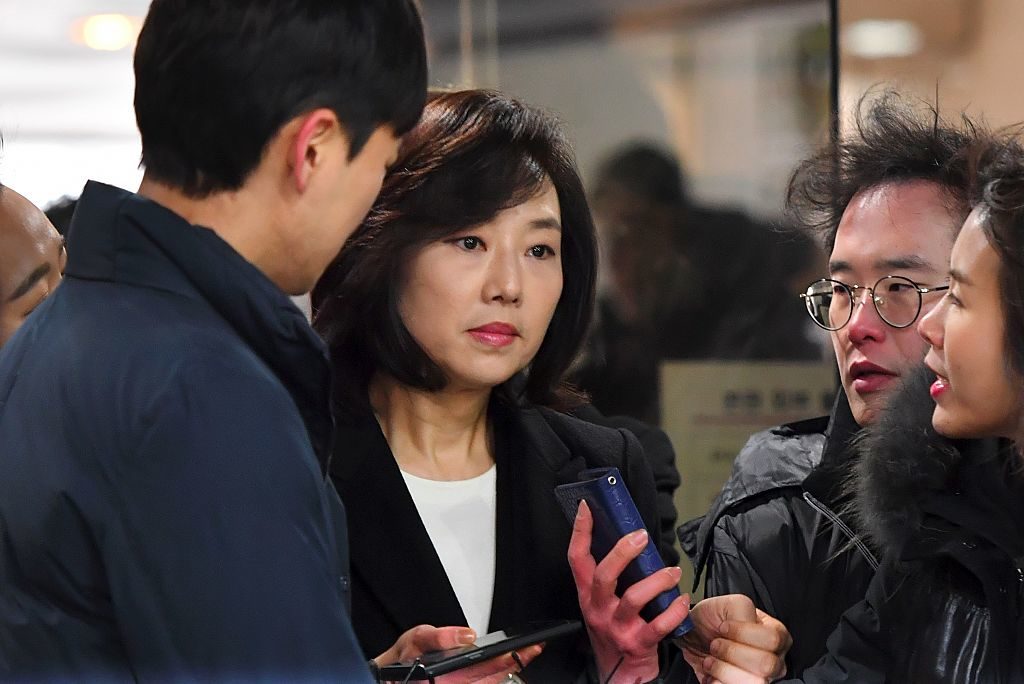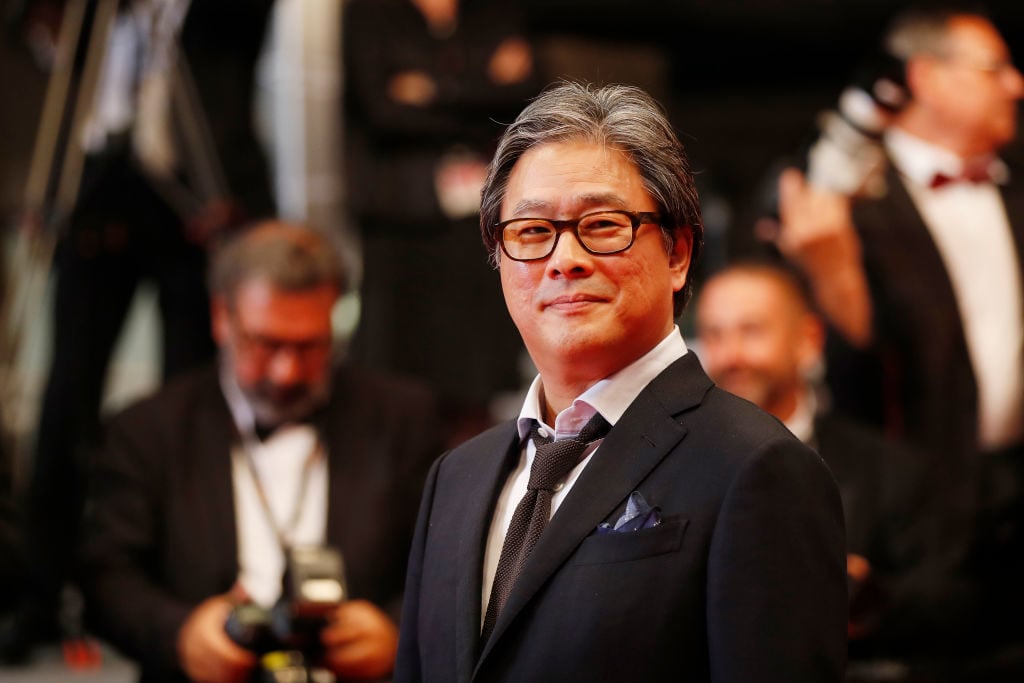Art World
South Korea’s Ex-Culture Minister Sentenced to Jail for Blacklisting 10,000 Artists Who Criticized the President
New York dealer Tina Kim tells artnet News what it means to have several of her artists targeted.

New York dealer Tina Kim tells artnet News what it means to have several of her artists targeted.

Henri Neuendorf

A South Korean appeals court has sentenced former culture minister Cho Yoon-sun to two years in prison for her role in compiling a blacklist of 10,000 artists critical of impeached former president Park Guen-hye.
The former culture minister along with ex-presidential chief of staff Kim Ki-choon and four other ex-officials were arrested last January. The were charged with drawing up a list of thousands of artists and cultural figures with the aim of excluding them from government funding programs.
All six ex-officials were tried and convicted last July. Kim was sentenced to three years for abuse of power and perjury. Four other former officials were each sentenced from between 18 months to two years for their roles in preparing the blacklist. Cho was convicted of committing perjury about her knowledge of the list, but she was released after receiving a suspended sentence.
On Tuesday, an appeals court reversed that decision, finding the former culture minister guilty of conspiracy. After reviewing the original case, the court determined that it had “reasonable” grounds to believe that Cho had a say in, or knew of, “attempts to stop support for certain artists.” The court also concluded that it “cannot be believed that the discussion and decision… to stop state subsidies was made without the order or endorsement of the accused.”
In addition to increasing Cho’s penalty, the court extended the original sentence handed down to former chief of staff Kim to four years after he was also found guilty of forcing to senior officials to resign if they opposed the blacklist.
“It is unprecedented that the nation’s top leadership… committed such illegal action to discriminate against or stop state subsidy to individuals or groups that voiced criticisms of the government in such a systematic fashion for such a long time,” a court statement said.
Indeed, the scandal appears to have reached all the way to country’s highest office. Former president Park has also been implicated for endorsing the crackdown on artists after the court learned that she was briefed about measures, including the blacklist, on multiple occasions. The ex-president was ousted last year amid a far-reaching corruption scandal and is currently in court, separately.
She denies any involvement in the scandal and other charges against her.
When details of the blacklist were first made public in 2016, the breadth of the scandal rattled the South Korean cultural scene. In addition to having government and private funding cut, artists on the list were also subjected to state surveillance.

Park Chan-wook attends the The Merciless (Bulhandang) screening during the 70th annual Cannes Film Festival at Palais des Festivals on May 24, 2017 in Cannes, France. Photo by Tristan Fewings/Getty Images
Affected artists included scores of famous figures from South Korea’s cultural elite, including stage and film directors, dancers, musicians, artists, and writers. According to the Japan Times, the list featured luminaries such as novelist Han Kang, winner of the 2016 Man Booker International Prize, and film director Park Chan-wook, whose Oldboy won the Grand Prix at the Cannes film festival in 2004.
Tina Kim, a New York-based South Korean dealer, represents two artists on the blacklist: Park Chan-Kyong and Minouk Lim. Kim told artnet News that she was unsurprised when the allegations first surfaced.
“I had little expectations from the culture minister… I was always taught that if you received any kind of public funding in Korea, it is more of a headache that would lead to unnecessary investigations,” Kim said. “The whole system is so corrupt that I was always taught to stay away from them.”
As disturbing as it was to have her clients included on a government blacklist, Kim says the list may have had an even greater impact on artists “at the lowest level of the pyramid.” Unrepresented artists who “challenge the censorship to keep their creativity,” are among the most vulnerable, she said. “They really need government or public funding to keep their practice.”